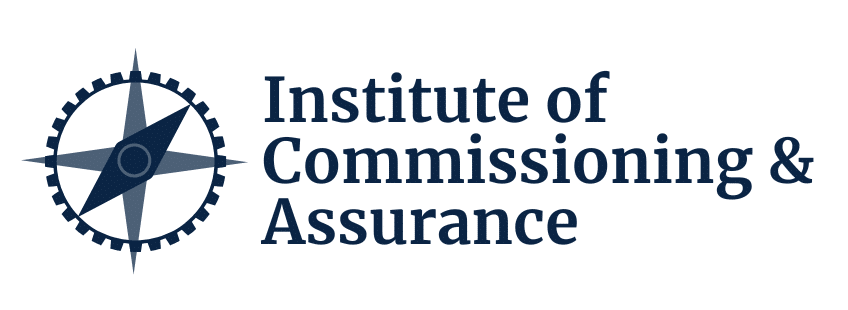There is an unprecedented amount of work to be done on projects. The number of projects to be undertaken has risen dramatically in the last decade to address the global challenges we face:
- Projects for decarbonation to achieve sustainability
- Projects for electrification of our infrastructure
- EV Battery production and recycling facilities
- More strict environmental requirements for waste treatment
- Data center hyper-scaling
- And more recently, doubling or tripling of electrical demand to power greater needs for compute
McKinsey & Company has issued a report in August 2024 titled “Delivering on Construction Productivity is No Longer Optional”. In this report, they indicate that the 2023 global construction spending was $13 Trillion, and is projected to nearly double to $22 Trillion by 2040. The construction industry is THE world’s largest industry, but has not kept up with the productivity gains that other industries have achieved. There are lots of reasons for this, that the McKinsey report discusses in more detail.
With such huge amounts of capital involved in major capital projects, we must use this capital efficiently as a global society to address the challenges ahead of us. Despite such huge numbers, there are always cost and schedule constraints that projects must work within – there is no unlimited source of capital to fund projects, and we must make the best use of time and financial resources to deliver projects efficiently.
With 9 out of 10 projects late and over-budget, projects can easily be 20%, 30%, or 40% over-budget, and many months or years late. On a global scale, that is $2.6 Trillion to $3.9 Trillion of miss-allocated funds to cover project over-expenditures. And at the current success rate of projects, that will be $4.4 Trillion to $6.6 Trillion wasted annually by 2040 due to project inefficiencies. We will not be able to address the global challenges listed above with this poor project performance. There are a lot of better ways to allocate Trillions of dollars to better deliver projects – like building more projects. If instead of 20% to 30% of project funding required to cover project over-expenditure, certainly building 20% to 30% more projects each year is going to accomplish our goals to sustainability much quicker.
When I talk to others in the commissioning community, some have unfortunately given up and are exhausted from repeating the same message for decades about commissioning. But others are absolutely committed to being part of the solution for improved project performance. It is inherently ingrained in the best and the brightest commissioning folks to want to deliver high-quality projects that can be used for decades of reliable operation. And it is for this reason that commissioning folks are in the best position to contribute to project success. Commissioning folks see the entire project and see in the end what worked and what didn’t, and are in the best position to help others see these lessons learned to avoid the same mistakes on other projects.
Commissioning folks want to do the right things for the right reasons to get things done right the first time. And I know the commissioning community 100% wants to deliver success on projects. The ICA Global Commissioning Standard is the first step to help others see these lessons learned and apply these best-practices to projects, with lots more work to do together to join as a commissioning community and spread the message of commissioning. We’ve got an exciting future ahead of us to build great things together. And together, I’m confident that the commissioning community will be a strong voice to be part of the solution for improved project performance.


Recent Comments